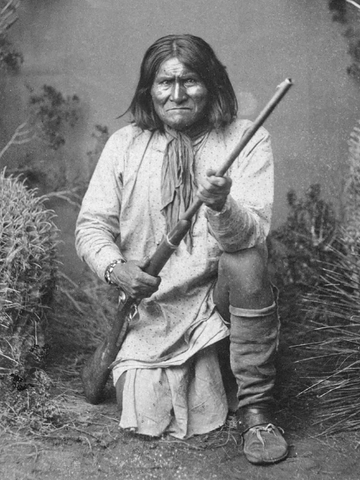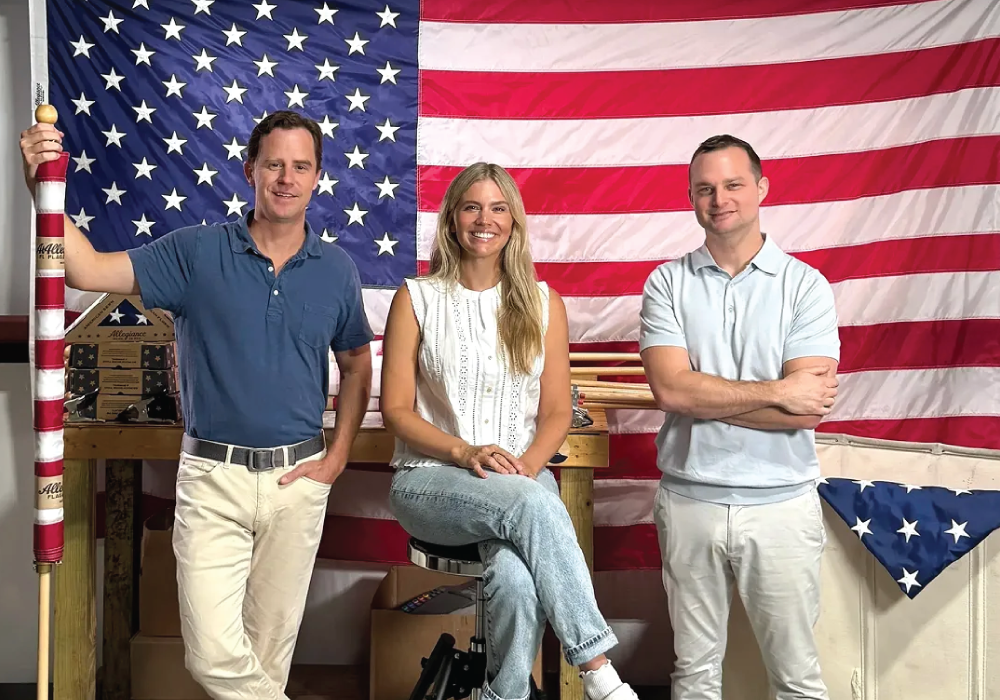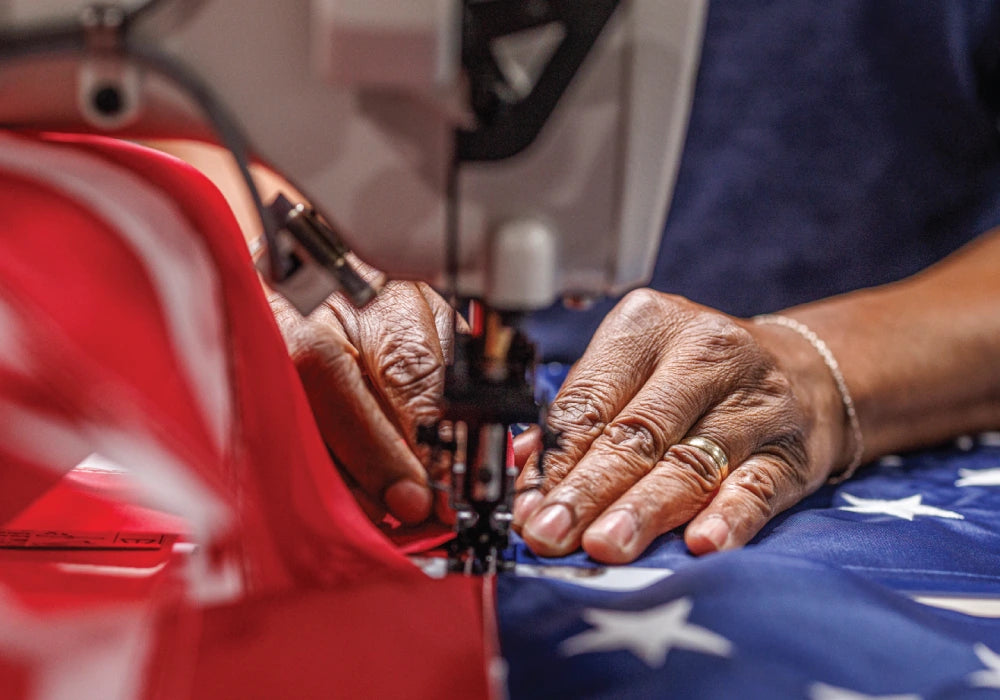September 1

1972
In what’s billed as the “Match of the Century,” American chess grandmaster Bobby Fischer defeats Russian Boris Spassky during the World Chess Championship in Reykjavik, Iceland. In the world’s most publicized title match ever played, Fischer, a 29-year-old Brooklynite, became the first American to win the competition since its inception in 1866. The victory also marked the first time a non-Russian had won the event in 24 years. Played during the Cold War, the Reykjavik match also carried political undertones. Fischer had already accused the Soviets of rigging the tournament system and didn’t mince words in his feelings about them. Over 21 games, Fischer won seven, Spassky won three, and 11 were draws. Spassky resigned after 40 moves on the 21st game via telephone, with the final score set at 12.5 to 8.5.

1985
73 years after it sank to the North Atlantic ocean floor, the wreck of the RMS Titanic was located. The sunken liner was about 400 miles east of Newfoundland in the North Atlantic, some 13,000 feet below the surface. American oceanographer and former Navy officer Robert D. Ballard, who was based out of the Woods Hole Oceanographic Institution in Massachusetts, led a joint U.S.-French expedition with oceanographer Jean-Louis Michel. The Titanic is now routinely explored, and several thousand artifacts have been recovered. Ballard—who was celebrated as a hero after the discovery—has led several more high-profile search expeditions, including of the RMS Lusitania and the USS Yorktown.

1998
The Intermodal Surface Transportation Efficiency Act of 1991 finally goes into effect. The law required that all cars and light trucks sold in the United States have air bags on both sides of the front seat. Inspired by the inflatable protective covers on Navy torpedoes, an industrial engineering technician from Pennsylvania named John Hetrick patented a design for a “safety cushion assembly for automotive vehicles” in 1953. The next year, Hetrick sent sketches of his device to Ford, General Motors, and Chrysler, but the automakers never responded. Inflatable-safety-cushion technology languished until 1965, when Ralph Nader’s book “Unsafe at Any Speed” speculated that seat belts and air bags together could prevent thousands of deaths in car accidents.
September 2

1945
Aboard the USS Missouri in Tokyo Bay, Japan formally surrenders to the US and the Allies, bringing an end to World War II. By the summer of 1945, the defeat of Japan was a foregone conclusion. The Japanese navy and air force were destroyed. However, Japan refused to surrender to the terms of the Allies' Potsdam Declaration. Japan's surrender came only after the United States detonated atomic bombs over Hiroshima and Nagasaki and the USSR declared war against Japan, attacking Manchuria. On Sunday, September 2, more than 250 Allied warships lay at anchor in Tokyo Bay. The flags of the United States, Britain, the Soviet Union, and China fluttered above the deck of the Missouri as representatives from each country signed. As the 20-minute ceremony ended, the sun burst through low-hanging clouds. The most devastating war in human history was over.

1969
America’s first automatic teller machine (ATM) made its public debut, dispensing cash to customers at Chemical Bank in Rockville Centre, New York. ATMs went on to revolutionize the banking industry, eliminating the need to visit a bank to conduct basic financial transactions. By the 1980s, these money machines had become widely popular and handled many of the functions previously performed by human tellers, such as check deposits and money transfers between accounts. Today, ATMs are as indispensable to most people as cell phones and e-mail. Today there are well over 1 million ATMs around the world, with a new one added approximately every five minutes.

2013
64-year-old Diana Nyad became the first person to swim from Cuba to Florida without the use of a shark cage for protection. Nyad completed the 110-mile swim from Havana to Key West, through the jellyfish-and shark-infested waters of the Straits of Florida, in approximately 53 hours. This was her fifth attempt with the previous four having to be prematurely aborted due to an asthma attack, jellyfish stings, storms and rough currents. A month after her historic achievement, Nyad completed a 48-hour swim in an outdoor pool set up in midtown Manhattan. The event was a fundraiser for victims of 2012’s Hurricane Sandy.
September 3

1777
The American flag was flown in battle for the first time, during a Revolutionary War skirmish at Cooch’s Bridge, Delaware. Patriot General William Maxwell ordered the stars and strips banner raised as a detachment of his infantry and cavalry met an advance guard of British and Hessian troops. The rebels were defeated and forced to retreat to General George Washington's main force near Brandywine Creek in Pennsylvania.

1783
The American Revolution officially came to an end when representatives of the United States, Great Britain, Spain and France sign the Treaty of Paris. The signing signified America’s status as a free nation, as Britain formally recognized the independence of its 13 former American colonies, and the boundaries of the new republic were agreed upon: Florida north to the Great Lakes and the Atlantic coast west to the Mississippi River. France signed its own preliminary peace agreement with Britain on January 20, 1783, and then in September of that year, the final treaty was signed by all three nations and Spain. The Treaty of Paris was ratified by the Continental Congress on January 14, 1784.

2006
American great and former #1 men's tennis player in the world, Andre Agassi played his last career match in a loss to 112th-ranked Benjamin Becker of Germany 7-5, 6-7, 6-4, 7-5 in the 3rd round at the US Open. The 8-time Grand Slam winner finished his career with a record of 870-274. He was the first of only two men to win a career Golden Slam, winning all Grand Slam tournaments and the Olympic Gold metal. Sciatica and bulging disks forced him into retirement. He is the founder of the Andre Agassi Charitable Foundation, which has raised over $60 million for at-risk children in Southern Nevada. The Foundation opened the Andre Agassi College Preparatory Academy in Las Vegas, a K–12 public charter school for at-risk children in 2001.
September 4

1886
Apache leader Geronimo surrendered to U.S. government troops. For 30 years, the Native American warrior had battled to protect his tribe’s homeland; however, by 1886 the Apaches were exhausted and hopelessly outnumbered. General Nelson Miles accepted Geronimo’s surrender, making him the last Native American warrior to formally give in to U.S. forces and signaling the end of the Indian Wars in the Southwest. Geronimo and a band of Apaches were sent to Florida and then Alabama, eventually ending up at the Comanche and Kiowa reservation near Fort Sill, Oklahoma Territory. There, Geronimo became a successful farmer and converted to Christianity. He participated in President Theodore Roosevelt's inaugural parade in 1905. The Apache leader dictated his autobiography, published in 1906 as Geronimo’s Story of His Life.

1957
Arkansas governor Orval Faubus enlists the National Guard to prevent nine African American students from entering Central High School in Little Rock. Faubus took the action in violation of a federal order to integrate the school. The conflict set the stage for the first major test of the U.S. Supreme Court’s unanimous 1954 decision in Brown v. Board of Education of Topeka that racial segregation in educational facilities is unconstitutional. On September 24, President Dwight Eisenhower sent 1,000 U.S. troops to Little Rock. The next day, the African American students entered under heavily armed guard. The episode served as a catalyst for the integration of other segregated schools in the United States.


2002
Kelly Clarkson, a 20-year-old cocktail waitress from Texas, won the first season of American Idol in a live television broadcast from Hollywood's Kodak Theater. Judged by Simon Cowell, Paula Abdul and Randy Jackson, American Idol became one of the most popular TV program in US history and spawned a slew of talent-competition shows. Future alumni would include Carrie Underwood, Jennifer Hudson, Adam Lambert and many more. Following Clarkson’s Season One victory, subsequent American Idol winners—including Ruben Studdard, Fantasia Barrino, Carrie Underwood, Taylor Hicks, Jordin Sparks and David Cook—have had varying degrees of success in their music careers.
September 5

1836
Sam Houston was elected president of the Republic of Texas, which earned its independence from Mexico in a successful military rebellion. Though the rebellion suffered a blow at the Alamo in early 1836, Houston was soon able to turn his army’s fortunes around. On April 21, he led some 800 Texans in a surprise defeat of 1,500 Mexican soldiers under General Antonio Lopez de Santa Anna at the San Jacinto River. An armistice was signed, which granted Texas its freedom. Houston served as the republic’s president until 1838, then again from 1841 to 1844. He helped Texas win admission to the United States and was elected as one of the state’s first two senators. As the Civil War loomed, Houston argued unsuccessfully against secession, and was deposed from office in March 1861 after refusing to swear allegiance to the Confederacy.


1960
Cassius Clay beat 3-time European champion Zbigniew Pietrzykowski of Poland by unanimous points decision to win Olympic light heavyweight boxing gold medal at the Rome Games. Cassius Clay arrived at the Rome 1960 Olympic Games as a relatively unknown 18-year-old and breezed through the competition. He would his eventually convert to Islam and change is name to Muhammad Ali. Ali's boxing career began just six years before his Rome appearance. Ali had thought that winning Olympic gold would improve the rampant racism back in American but, on his return, he found things to be much the same. After being declined service at a restaurant because he was an African American, he was so angry that he is said to have thrown his gold medal into a river.


1975
President Ford survived an attempt on his life in Sacramento. The assailant, a petite, red haired, freckle-faced young woman named Lynette Fromme, approached the president while he was walking near the California Capitol and raised a .45 caliber handgun toward him. Before she was able to fire off a shot, Secret Service agents tackled her and wrestled her to the ground. Nicknamed “Squeaky,” Fromme was a member of the notorious Charles Mason family. Fromme herself was still so enamored of Manson that she devised the plot to kill President Ford in order to win Manson’s approval. Fromme was convicted of attempted murder and was sentenced to life in prison in West Virginia. She escaped in 1979, but was caught within 25 miles of the prison. She was released in 2009.
September 6


1916
Piggly Wiggly, America’s first self-service grocery store, was founded in Memphis, Tennessee by Clarence Saunders. Piggly Wiggly’s introduction of self-service grocery shopping revolutionized the grocery industry. Saunders’ reason for choosing the intriguing name Piggly Wiggly remains a mystery; he was curiously reluctant to explain its origin. One theory is that it is derived from the nursery rhyme, “This little piggy went to market..." Piggly Wiggly Corporation secured a patent on the self-service format and issued franchises to hundreds of grocery retailers. These franchised stores were constructed to Saunders’ rigid specifications, operated on a strictly cash basis, and maintained a high standard of quality and cleanliness. Today, there are over 600 Piggly Wiggly® stores servicing communities in 17 states.

1975
18-year-old rising tennis star Martina Navratilova asked for political asylum in the United States after defecting from communist Czechoslovakia. She became a US citizen in 1981. Widely considered among the greatest tennis players of all time, Navratilova won 18 major singles titles, 31 major women's doubles titles, and 10 major mixed doubles titles, for a combined total of 59 major titles, the most in the Open Era. Alongside Chris Evert, her greatest rival, Navratilova dominated women's tennis in the 1970s and 1980s. She won her last major title, the mixed doubles crown at the 2006 US Open, shortly before her 50th birthday, and 32 years after her first major title in 1974. Navratilova—one of the first openly gay athletes—was inducted into the International Tennis Hall of Fame in 2000.

1995
Baltimore Orioles shortstop Cal Ripken Jr. played in his 2,131st consecutive game, breaking “Iron Horse” Lou Gehrig’s record for most consecutive games played. “The Iron Man” was credited with reviving interest in baseball after a 1994 work stoppage forced the cancellation of the World Series and soured fans on the national pastime. Ripken went on to play 2,632 games in a row before ending the streak by voluntarily removing himself from a game against the New York Yankees on September 19, 1998. Ripken retired after the 2001 season with the lifetime record for home runs by a shortstop (345) and a record for fielding percentage by a shortstop in a season (.9956, 1990). He played in 19 All-Star Games, and was awarded the All-Star MVP in 1991 and in his last All-Star Game in 2001, in which he hit a solo home run. He was elected to the Baseball Hall of Fame in 2007.
September 7

1813
The United States gets its nickname, Uncle Sam. The name is linked to Samuel Wilson, a meat packer from Troy, New York, who supplied barrels of beef to the US Army during the War of 1812. Wilson stamped the barrels with "U.S." for United States, but soldiers began referring to the grub as "Uncle Sam's." In the late 1860s and 1870s, political cartoonist Thomas Nast began popularizing the image of Uncle Sam. Nast continued to evolve the image, eventually giving Sam the white beard and stars-and-stripes suit that are associated with the character today. The most famous image of Uncle Sam was created by artist James Montgomery Flagg. In Flagg’s version, Uncle Sam is pointing straight ahead at the viewer. During WWI, this portrait of Sam with the words “I Want You For The U.S. Army” was used as a recruiting poster.

1921
In Atlantic City, New Jersey, the first Miss America Pageant, a two-day event, was held. The origins of the "Miss America Pageant" lie in an event entitled The Fall Frolic which was held on September 25, 1920, in Atlantic City and designed to bring business to the Boardwalk. 350 "young maidens" were pushed along a parade route in wicker chairs. The event was so successful that The Businessmen's League planned to repeat it the following year as a beauty pageant. The 16-year-old winner from Washington, D.C., Margaret Gorman, was recognized as the first "Miss America" when she returned the next year to defend her title.

1996
Actor and hip-hop recording artist Tupac Shakur was shot several times in Las Vegas, Nevada, after attending a boxing match. Shakur was riding in a black BMW with Death Row Records founder Marion “Suge” Knight when a white Cadillac sedan pulled alongside and fired into Shakur’s car. Knight was only grazed in the head, but Shakur was hit several times. He died in a hospital several days later. Although Shakur’s killer was never identified, some believe Orlando Anderson, a member of the Los Angeles gang Southside Crips, was responsible. Earlier in the evening, prior to the Mike Tyson-Bruce Seldon heavyweight fight, Anderson had been attacked in the lobby of the MGM Grand Hotel by a group from Death Row Records, including Suge Knight.




